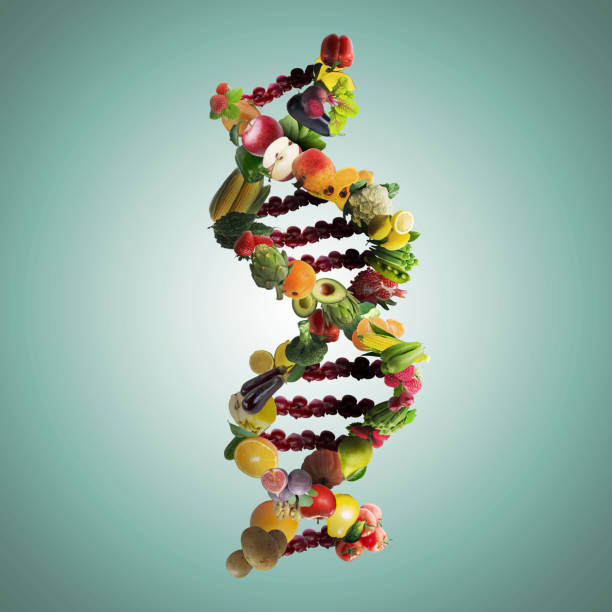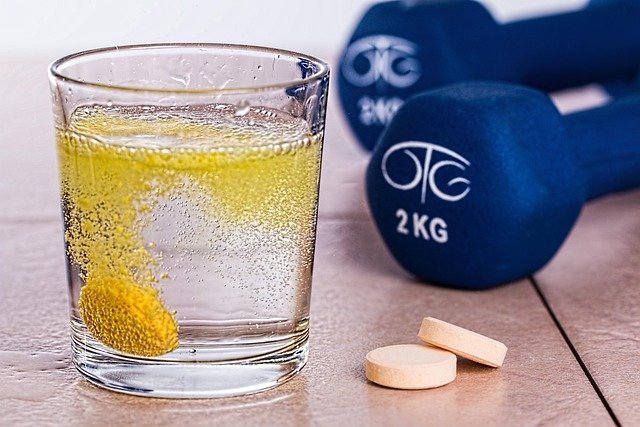Hydration and electrolyte basics for everyday health
Hydration and electrolytes influence daily energy, digestion, and physical performance. This article explains practical basics for maintaining fluid and mineral balance alongside a balanced diet, covering how macronutrients and micronutrients affect needs, meal prep strategies, plant-based choices, and portion control.

Maintaining appropriate hydration supports core body functions, including temperature regulation, nutrient transport, and waste removal. Everyday fluid needs vary with activity, climate, body size, and diet composition, but consistent habits—regular fluid intake, attention to thirst cues, and modest adjustments around exercise or very high-fiber meals—help most people maintain balance without complex tracking. Coupled with attention to macronutrients and micronutrients, sensible hydration contributes to overall wellness and digestive comfort.
What is hydration and why does it matter for diet and wellness?
Hydration describes the body’s water status and the balance of fluids inside and outside cells. Proper hydration supports circulation, nutrient delivery, and joint lubrication, and it interacts with diet because certain foods and meal patterns change fluid needs. For wellness, view hydration alongside protein, fats, and carbohydrates: a balanced intake helps stabilize thirst and energy, while very salty or highly processed meals can increase fluid requirements and influence appetite.
How do electrolytes and macronutrients interact?
Electrolytes such as sodium, potassium, chloride, calcium, and magnesium regulate fluid distribution and support nerve and muscle function. Macronutrients affect those balances: stored carbohydrate (glycogen) binds water, and protein intake influences kidney handling of solutes. When activity levels or environmental heat increase, losses of sodium and potassium through sweat may require adjustments in fluid and electrolyte intake to maintain performance and recovery.
Which vitamins and minerals support fluid balance?
Minerals that act as electrolytes—sodium, potassium, calcium, magnesium—are primary contributors to fluid balance and cellular signaling. Vitamins support the systems that regulate those minerals; for example, vitamin D influences calcium metabolism and B vitamins support energy pathways linked to metabolism. Eating a variety of vegetables, fruits, whole grains, dairy or fortified alternatives helps provide vitamins and minerals that underpin healthy hydration and metabolic function.
How does hydration affect metabolism and gut health?
Water is a solvent for many enzymatic reactions involved in metabolism and is essential for transporting metabolites. Adequate hydration helps digestion and nutrient absorption, and it supports stool consistency, which benefits gut health and reduces constipation risk. While hydration alone does not dramatically change basal metabolic rate, it facilitates the chemical processes that convert food to usable energy and supports overall digestive efficiency.
How can meal prep and portion control support hydration?
Using meal prep and mindful portion control can support hydration by ensuring meals include hydrating components and by moderating intake of high-sodium processed foods. Including soups, stews, yogurt, and water-rich produce like melons, cucumbers, and oranges contributes to daily fluid intake. Preparing balanced meals with appropriate portions of protein, fats, and carbohydrates helps maintain steady energy and limits spikes in thirst caused by overly salty or dry dishes.
Hydration tips for plant-based eating and balanced protein, fats, carbohydrates
A plant-based approach can support hydration through whole foods that combine water, fiber, and electrolytes—legumes, fruits, vegetables, whole grains, nuts, and seeds. Ensure adequate protein sources (legumes, tofu, tempeh, or fortified products) and include healthy fats from avocados, nuts, and seeds for satiety. After prolonged exercise or heavy sweating, replace fluids and consider foods or beverages that supply potassium and sodium to restore electrolyte balance.
This article is for informational purposes only and should not be considered medical advice. Please consult a qualified healthcare professional for personalized guidance and treatment.
In summary, everyday hydration and electrolyte balance are supported by regular fluid intake, a varied diet that supplies vitamins and minerals, and meal routines that include hydrating foods and balanced macronutrients. Paying attention to activity level, environmental conditions, and thoughtful meal prep and portion control can help maintain steady hydration and support digestion, metabolism, and overall wellness.






